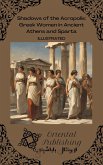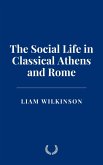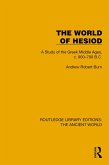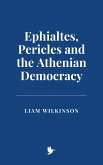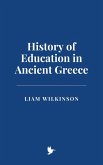The study delves into key themes such as the relationship between citizenship and military service, the ethical and philosophical reflections on war, and the economic and cultural underpinnings of conflict. Through analysis of primary sourcesincluding the works of Homer, Herodotus, Thucydides, and Aristotlepaired with modern scholarship, this exploration provides a comprehensive understanding of the ideals and contradictions of Greek warfare and society.
Central to the discussion is the dual nature of war as both a creative and destructive force. While warfare fostered technological and tactical innovation, it also exposed the vulnerabilities of the polis and the limitations of Greek ideals. The emphasis on civic duty and collective identity, embodied in the hoplite phalanx, coexisted with stark inequalities and exclusions, including the reliance on slavery and the marginalization of women.
The decline of the polis and the rise of larger political entities, from Macedon to Rome, marked a significant transformation in Greek history, but the cultural and intellectual achievements of the Greeks ensured their influence endured. The book concludes by reflecting on the legacy of Greek social and military practices, highlighting their impact on subsequent civilizations and their relevance to contemporary questions of governance, ethics, and community.
This work seeks not only to recount the events and ideas of Ancient Greece but also to engage with its enduring questions, offering insights into the complexities of power, identity, and the human condition. Through the lens of Greece, it explores the universal challenges of war, peace, and the pursuit of justice in society.
Dieser Download kann aus rechtlichen Gründen nur mit Rechnungsadresse in A, B, CY, CZ, D, DK, EW, E, FIN, F, GR, H, IRL, I, LT, L, LR, M, NL, PL, P, R, S, SLO, SK ausgeliefert werden.




